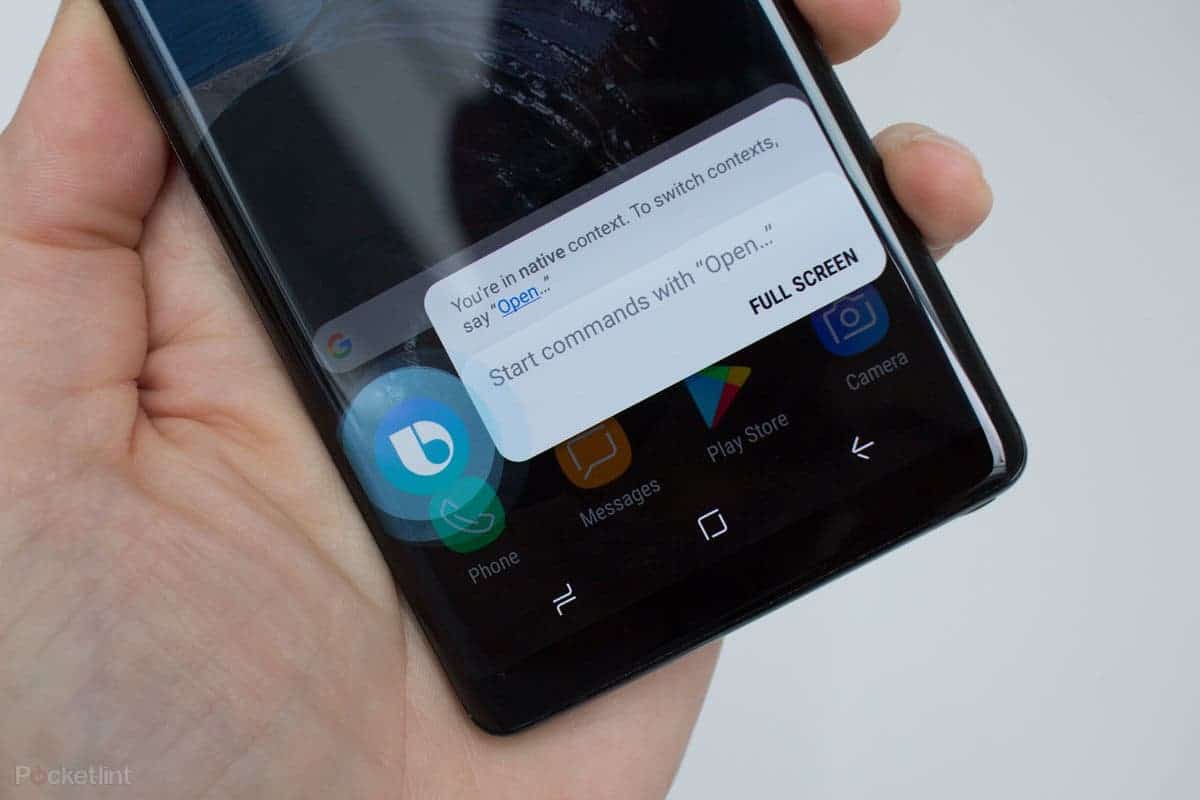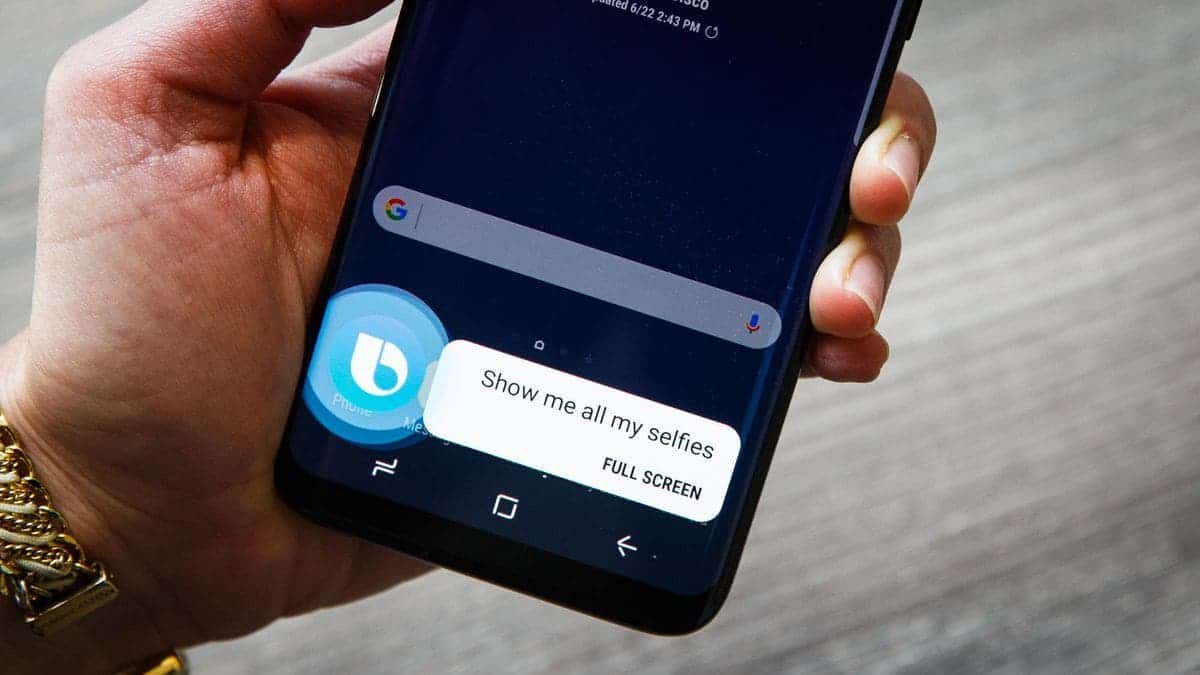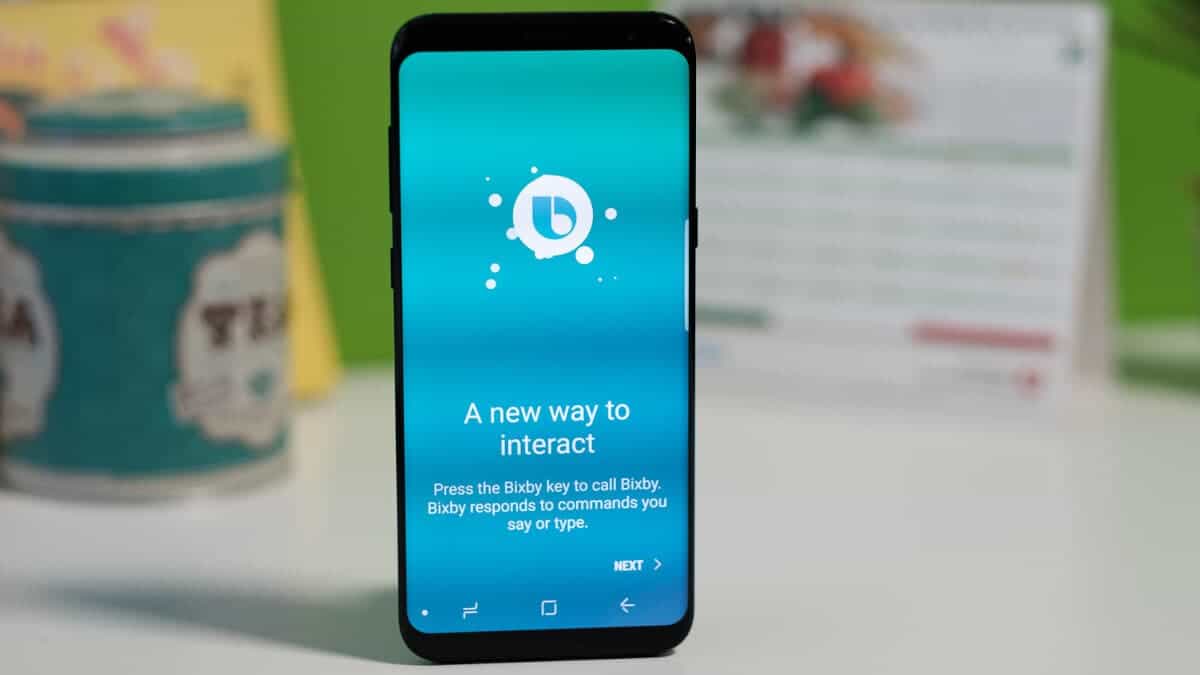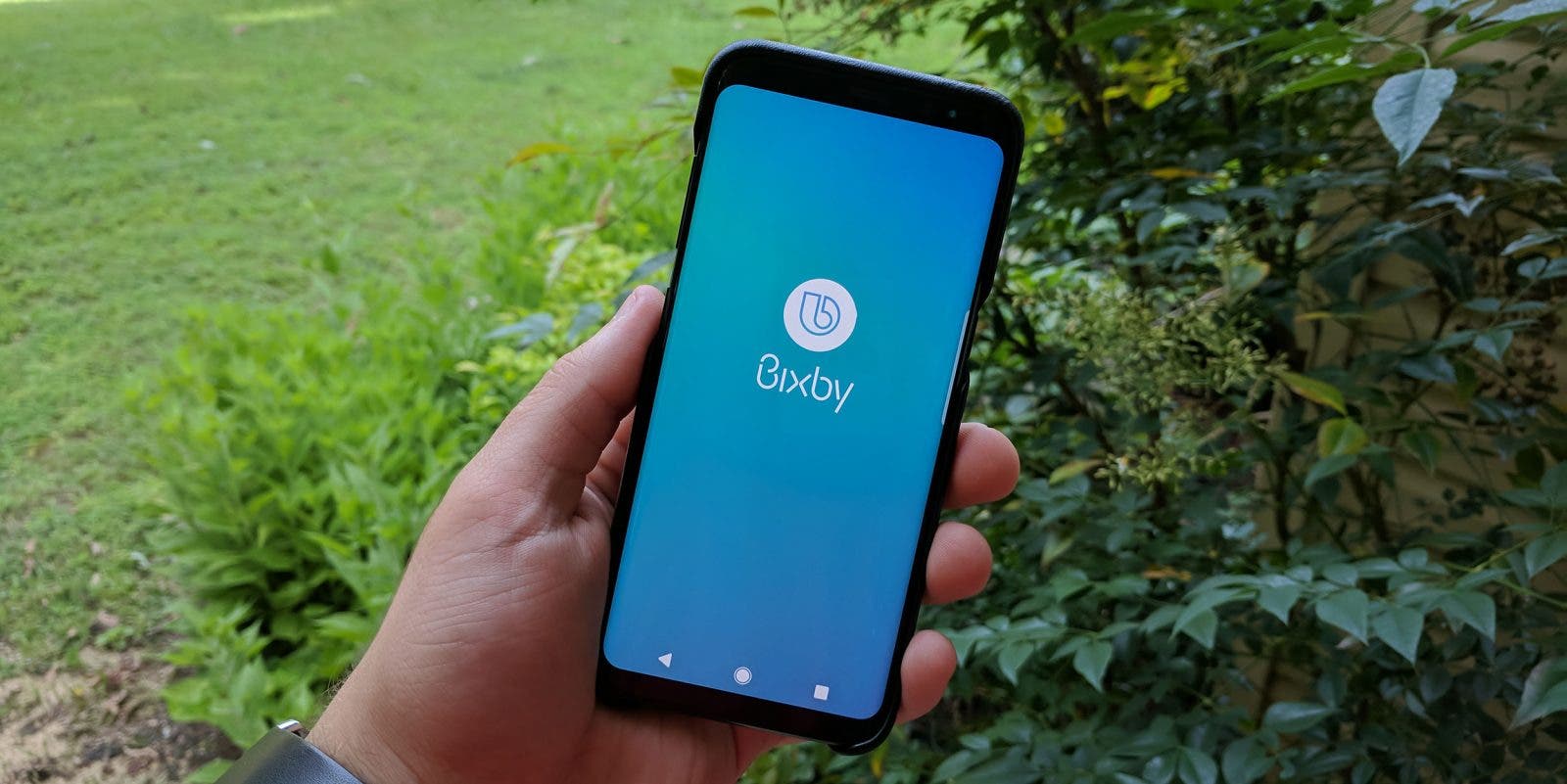Samsung is gearing up to enhance its AI assistant, Bixby, with generative AI capabilities. The company plans to improve the user experiences across its range of devices. This strategic move comes as Samsung aims to stay competitive in the rapidly evolving AI technology. Won-joon Choi, executive vice president of Samsung’s mobile business, hinted at the integration of generative AI into Bixby, similar to ChatGPT, during an interview with CNBC. Choi said
“So Bixby has been a key voice assistants voice assistant for Samsung not just for the mobile devices, but also for TVs and digital appliances that exist in Samsung’s ecosystem. So it has been the core voice assistant assistant so far … With the emergence of generative AI and LLM (large language model) technology, I believe that we have to redefine the role of the Bixby, so that Bixby could be equipped with generative AI and become more smarter in the future,” Choi said, adding this will “enable a more natural conversation and to work out an interface that supports the Samsung products in our ecosystem.”

Evolution of Bixby: From Inception to Upcoming Enhancements
Samsung introduced Bixby back in 2017 with the launch of the Galaxy S8 series, marking its foray into the realm of AI-powered voice assistants. Initially introduced as a replacement for the S Voice assistant, Bixby made its debut with features like Bixby Voice, Bixby Vision, and Bixby Home, offering users a comprehensive suite of voice commands, visual search capabilities, and personalized recommendations. Over the years, Samsung has continuously enhanced Bixby’s functionality, expanding its presence across various Samsung-branded appliances, including smartphones, TVs, and refrigerators.
As Bixby evolved, Samsung rolled out major updates to enhance its capabilities and user experience. The release of Bixby 2.0 in 2017 marked a significant advancement, extending Bixby’s reach to a broader range of connected products and allowing third-party developers to create applications using the Samsung Developer Kit. Subsequent updates, such as Bixby 3.0 with One UI 3 in 2021, introduced new features and improvements, separating Home and Reminders functions from Bixby to streamline user interactions. Additionally, Samsung introduced a new UI design for Bixby, featuring a refreshed interface with visually appealing elements like liquid animations, enhancing the overall user experience.
Looking ahead, Samsung’s plans to integrate generative AI capabilities into Bixby represent a pivotal moment in its evolution. By upgrading Bixby with advanced generative AI technology, Samsung aims to redefine Bixby’s role, making it smarter, more intuitive, and capable of delivering enhanced conversational experiences.

Integrating Generative AI: Redefining Bixby’s Role and Capabilities
The integration of generative AI into Bixby signifies a shift in Samsung’s approach towards AI technology. By leveraging large language models and generative AI, Samsung aims to redefine Bixby’s role. The company wants it to be smarter and more adept at understanding user queries and providing relevant responses. This move aligns with the industry trend towards enhancing AI assistants with advanced conversational capabilities, as seen in the rise of chatbots like ChatGPT, Google’s Gemini, and Microsoft’s Copilot. Samsung’s focus on integrating generative AI into Bixby underscores its commitment to delivering cutting-edge AI experiences to users across its ecosystem of products.
Implications for User Experience and Smart Home Integration
The integration of generative AI features into Bixby holds the potential to transform user experience and smart home interactions. By empowering Bixby with advanced AI capabilities, Samsung aims to make interactions with its devices more seamless, intuitive, and personalized. The enhanced Bixby will not only facilitate natural conversations but also enable users to access a wide range of Galaxy AI features with simple voice commands. This integration will extend to all supported languages, ensuring a truly global and inclusive AI experience for users worldwide. Moreover, the upgrade will pave the way for smarter and more personalized interactions with Samsung’s smart home appliances, creating a connected and intelligent living environment for users.
Users will benefit significantly from Samsung’s plan to upgrade Bixby with generative AI capabilities. The integration of generative AI into Bixby will lead to more natural interactions. This should enhance the user experience across Samsung’s ecosystem of devices. By leveraging generative AI technology, Bixby will be able to understand complex sentences, provide multifaceted responses, and decipher intricate meanings. This will make conversations with the virtual assistant more intuitive and personalized. This upgrade will empower users to engage with their Samsung devices more seamlessly and intelligently. Bixby will be able to anticipate user needs and offer personalized suggestions.

Furthermore, the enhanced Bixby with generative AI will facilitate smarter interactions. It will also redefine the role of the voice assistant within Samsung’s ecosystem. Users can expect a more sophisticated and responsive AI assistant that goes beyond basic commands. It should offer a more advanced level of assistance and support. With Bixby’s enhanced capabilities, users will enjoy a more connected and personalized system. Smart home appliances will easily recognize and cater to their needs. This will create a truly intelligent and convenient user experience.
Conclusion
In conclusion, Samsung’s decision to supercharge Bixby with generative AI capabilities is a new step in Bixby’s evolution. Samsung hopes to redefine the role of Bixby, making it smarter, more intuitive, and capable of delivering enhanced user experiences. The integration of generative AI into Bixby underscores Samsung’s commitment to innovation. The company is one of the top tech brands in the world, thus, the need to keep improving. As Samsung continues to push the boundaries of AI technology, the future looks promising for Bixby. This should offer a seamless AI experience to users worldwide.





